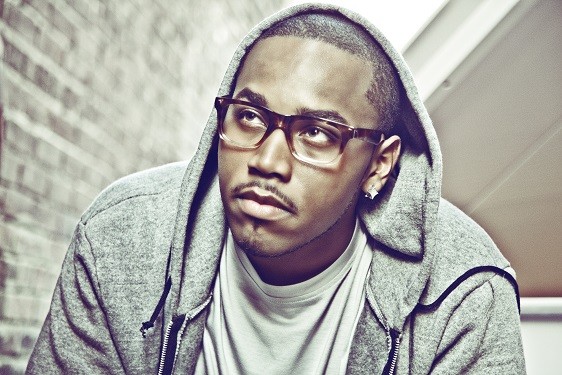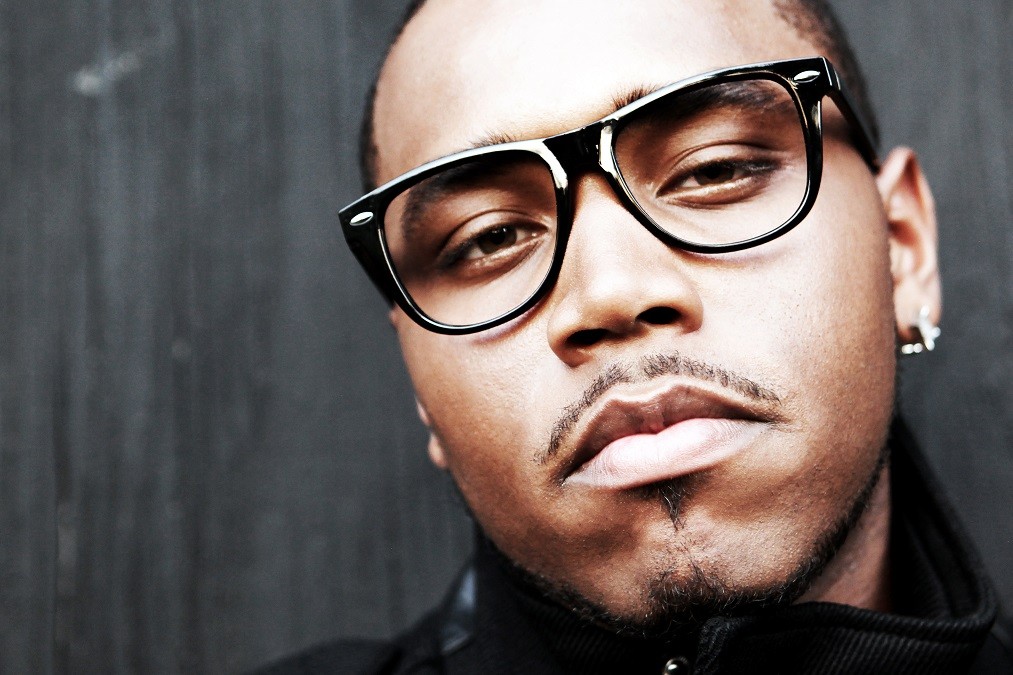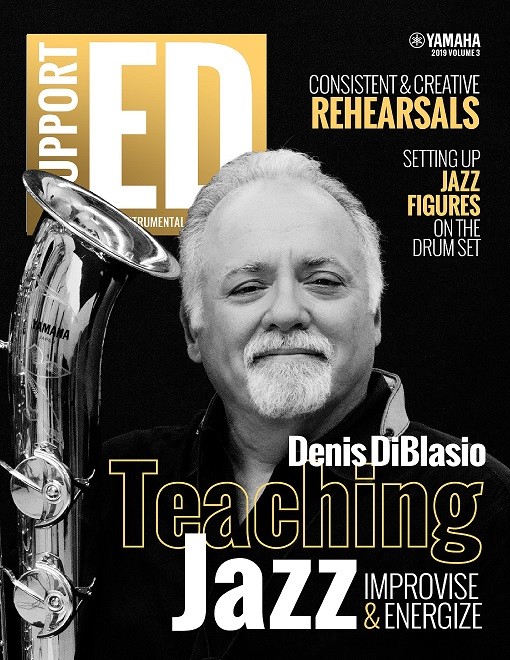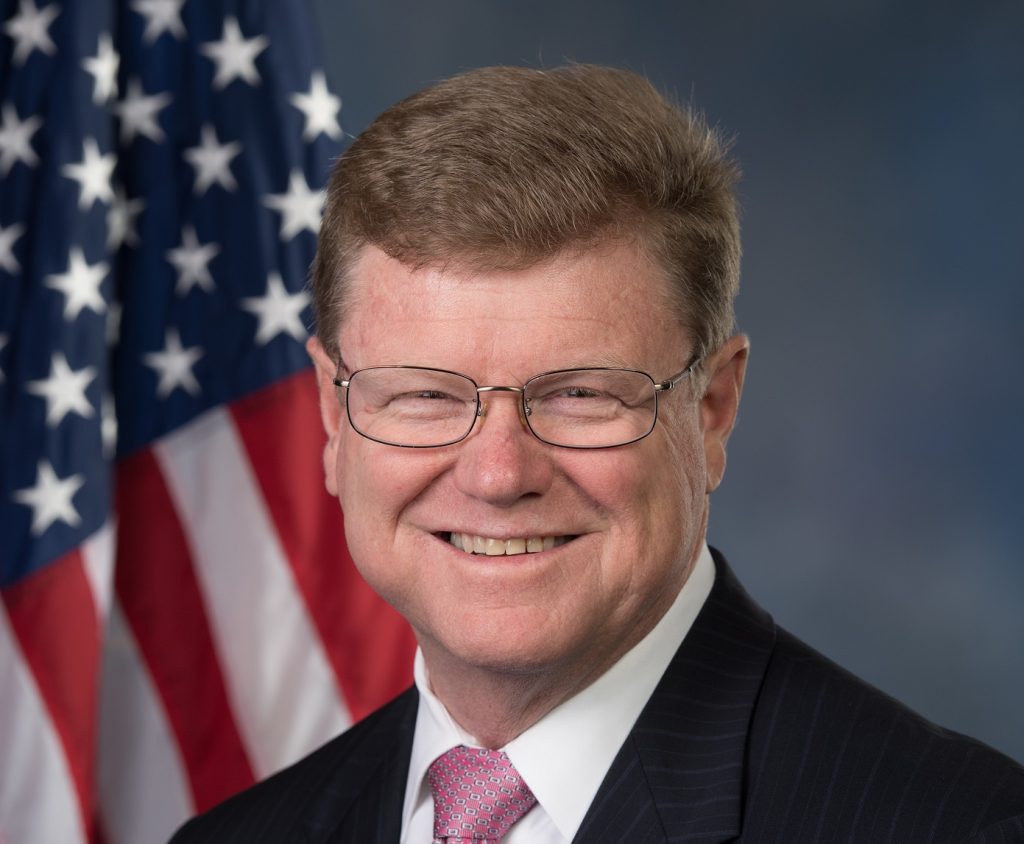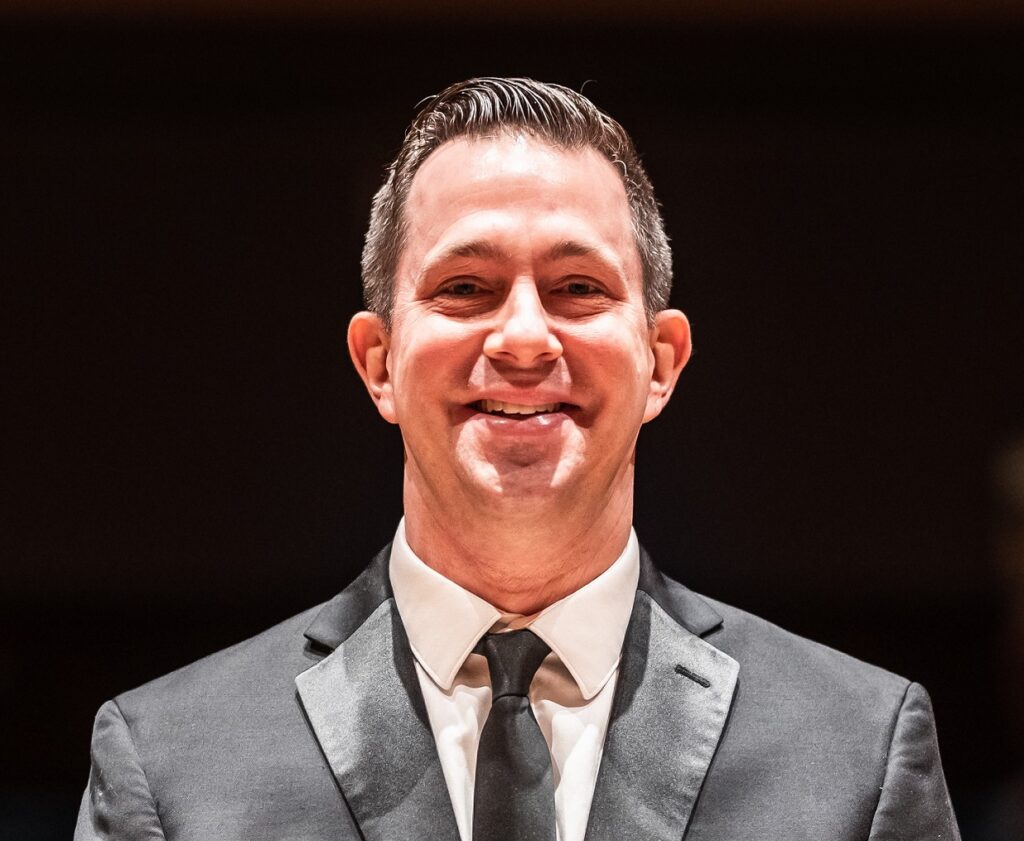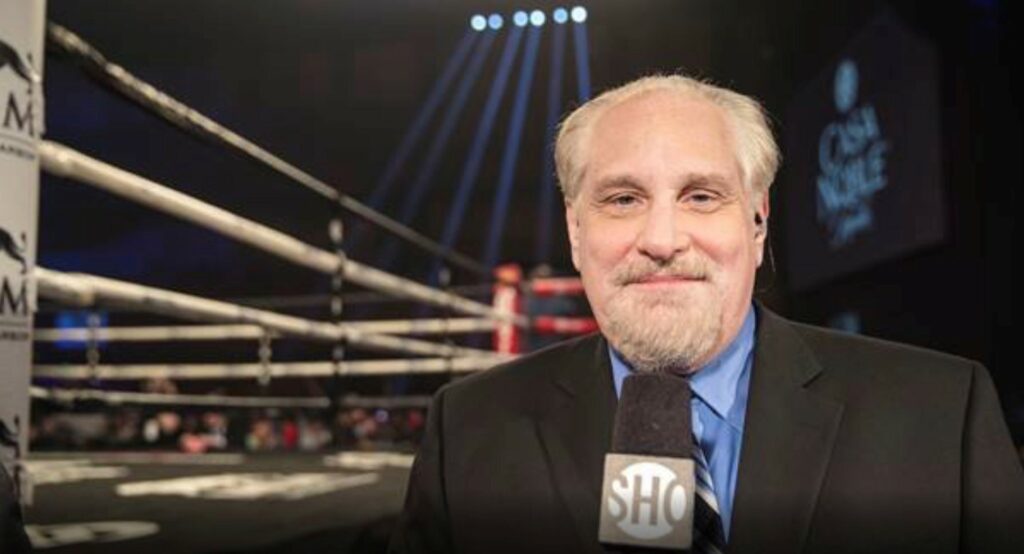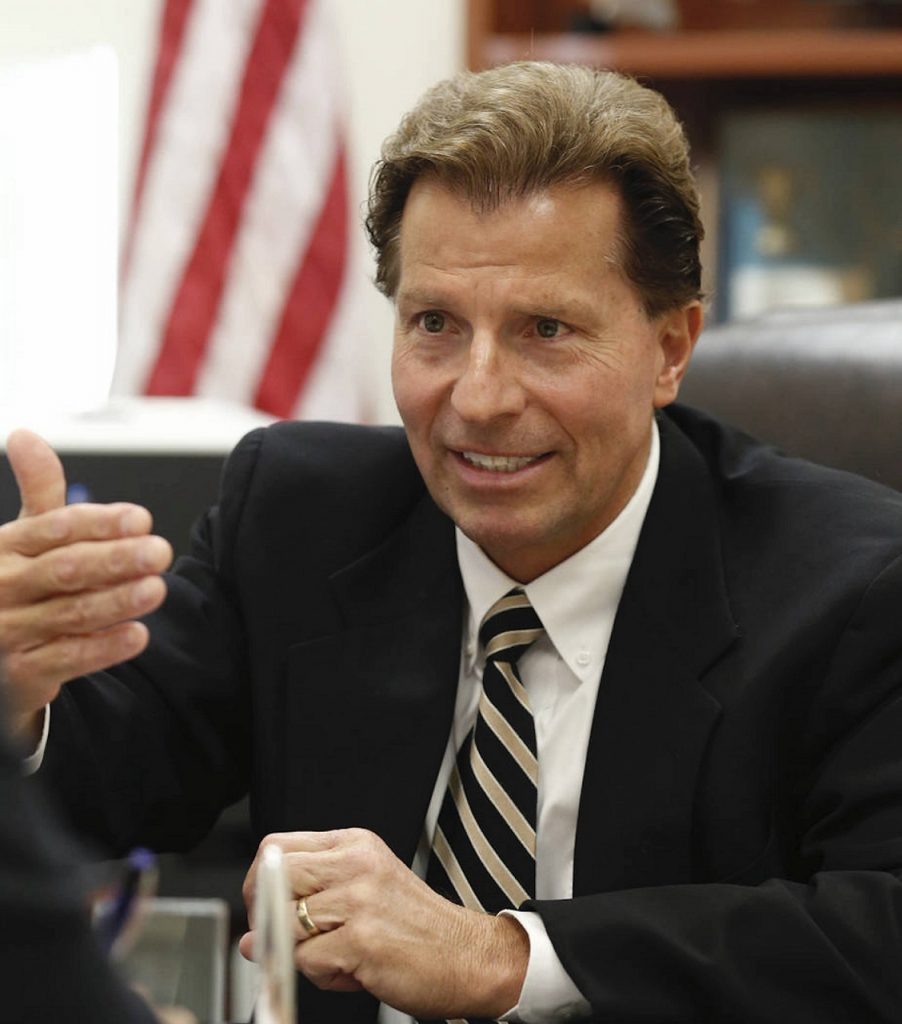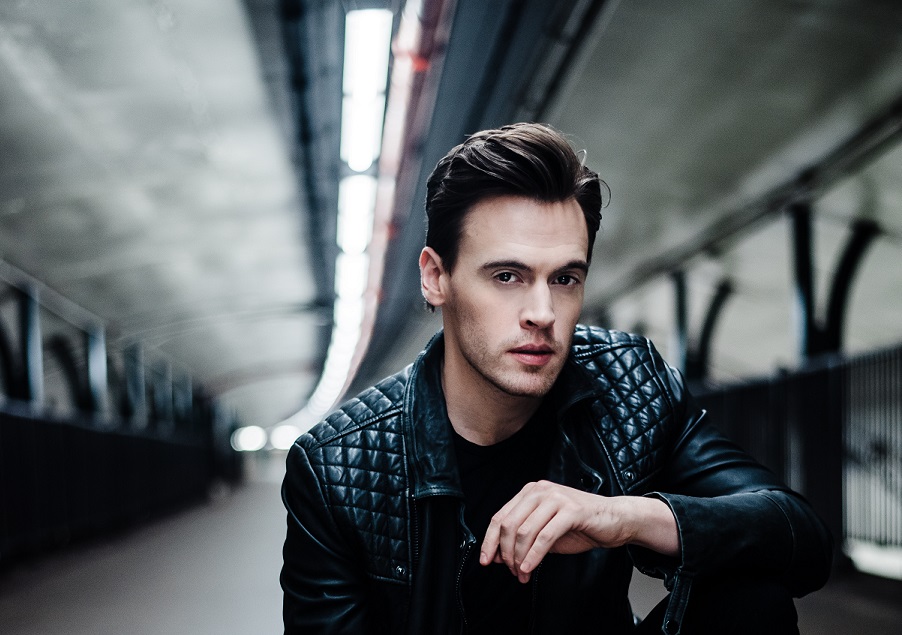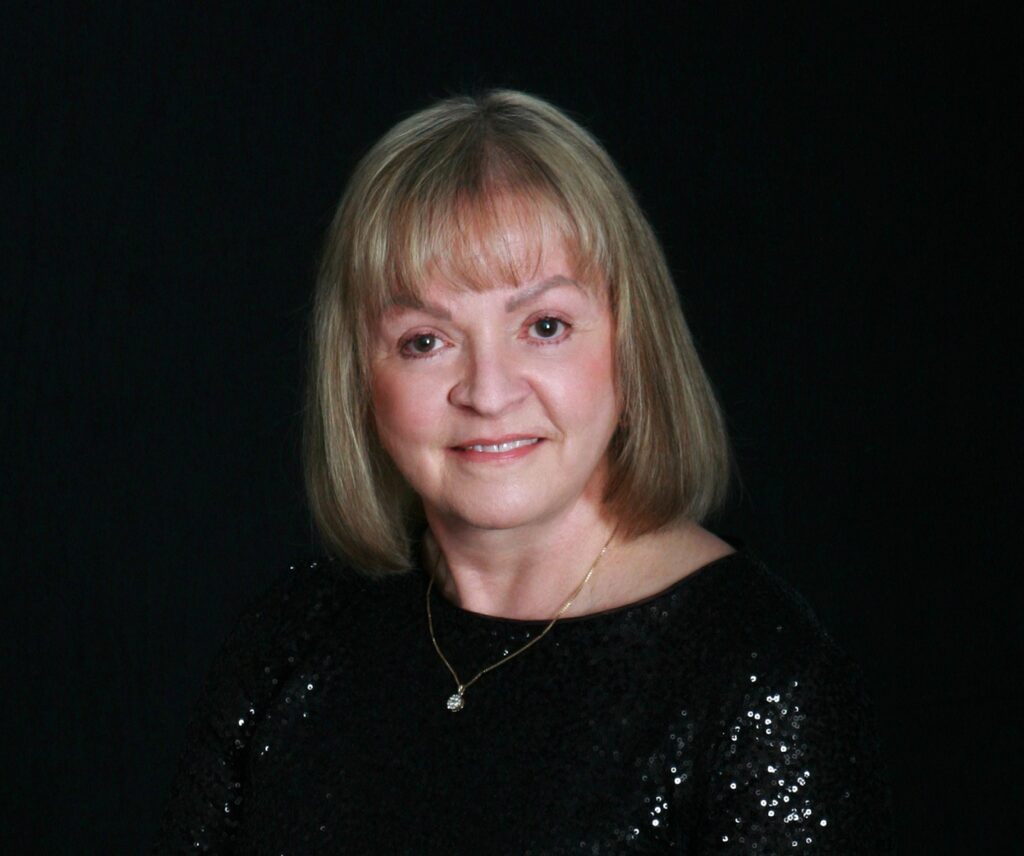Q&A with Rapper J. Dash
Rapper, songwriter, producer and multi-instrumentalist J. Dash has a genuine passion and commitment to help young people realize success through the arts.
I am interviewing prominent people, some in the music industry, others not. For this Q&A, I talked to rapper, songwriter, producer and multi-instrumentalist Jameyel Johnson, better known as J. Dash.
At the 2019 National Association of Music Merchants (NAMM) Music Education Advocacy D.C. Fly-In to the capital, where NAMM members gathered to lobby members of Congress for positive music education measures, I had the opportunity to meet J. Dash. His personal, long-term relationship with music inspired and absolutely captivated me. I was struck by his sincere desire to influence lawmakers through his unbridled enthusiasm for music education and his genuine passion and commitment to help young people realize success through the arts.
Q. When did you know that you were going to make music the focus of your professional life?
A: I always knew that I wanted to create music, professionally or not. It became a career goal when I was 14 years old and heard “Up Jumps Da Boogie” by Timbaland & Magoo. That was the first time I remember thinking, “I want that to be how I make money for the rest of my life.”
Q. What piece of music do you wish you had written and why?
A: “Exit Music (For a Film)” by Radiohead is one of the most hauntingly beautiful pieces of music, in my opinion. It strikes a chord with me that vibrates down into my bones every time I hear it. Music that does that is special, and I’m pretty jealous that I wasn’t in the room when that one was made.
Q: What is your biggest pet peeve?
A: Ego
Q: Why is music important to humanity?
A: Music is not just our history; it is our time machine to the successes and tribulations of the past. It is a way to preserve the energy of an individual or group of people through time. What is crazier than feeling the emotion an artist or composer intended hundreds of years after the inspiration was felt? If that doesn’t blow your mind and express the importance and magic of music, then I don’t know what will.
Q. Other than music, what brings you inspiration?
A. My experiences and the experiences of those closest to me usually become the seed for many things that I create. I also have an interest in astrophysics, which strangely sparks inspiration from time to time as well.
Q. What is your most embarrassing musical moment that you can share?
A. It’s kind of lame, but falling off of the stage, although not unique to me, is never fun. There was a particular live performance in a small town with an even smaller venue where the stage was not a common shape. The room was filled with people, I assumed there would be more stage where there wasn’t, and down I went. I kept performing and kind of laughed it off, but it felt like it happened in slow motion, which made it even more of a nightmare.
Q: What’s your favorite guilty pleasure food?
A: Sour worms
Q: Which person from history, dead or alive, would you want to have lunch with, and what would you discuss?
A: There are way too many, and my answer would probably change depending on when you asked me. But today, I would have to say Prince. Considering what he did for popular music, the consistency in writing hit songs, the variety of instruments he played, and how he chose to market himself, I’m pretty sure it would be the most interesting conversation I ever had.
Q. What book is on your nightstand right now?
A. “Peopleware: Productive Projects and Teams” by Tom DeMarco and Timothy Lister.
Q: Why is it important to protect access to a musical education?
A: Beyond the fact that learning music improves students’ test scores and has been known to increase confidence, it gives them a reason to go to school when they otherwise may not have one. With so many things stacked up against the next generation, it is our obligation to do what we can to give every single child the best opportunity for a well-rounded education that includes music and the arts.
This article originally appeared in the 2019 V3 issue of Yamaha SupportED. To see more back issues, find out about Yamaha resources for music educators, or sign up to be notified when the next issue is available, click here.










